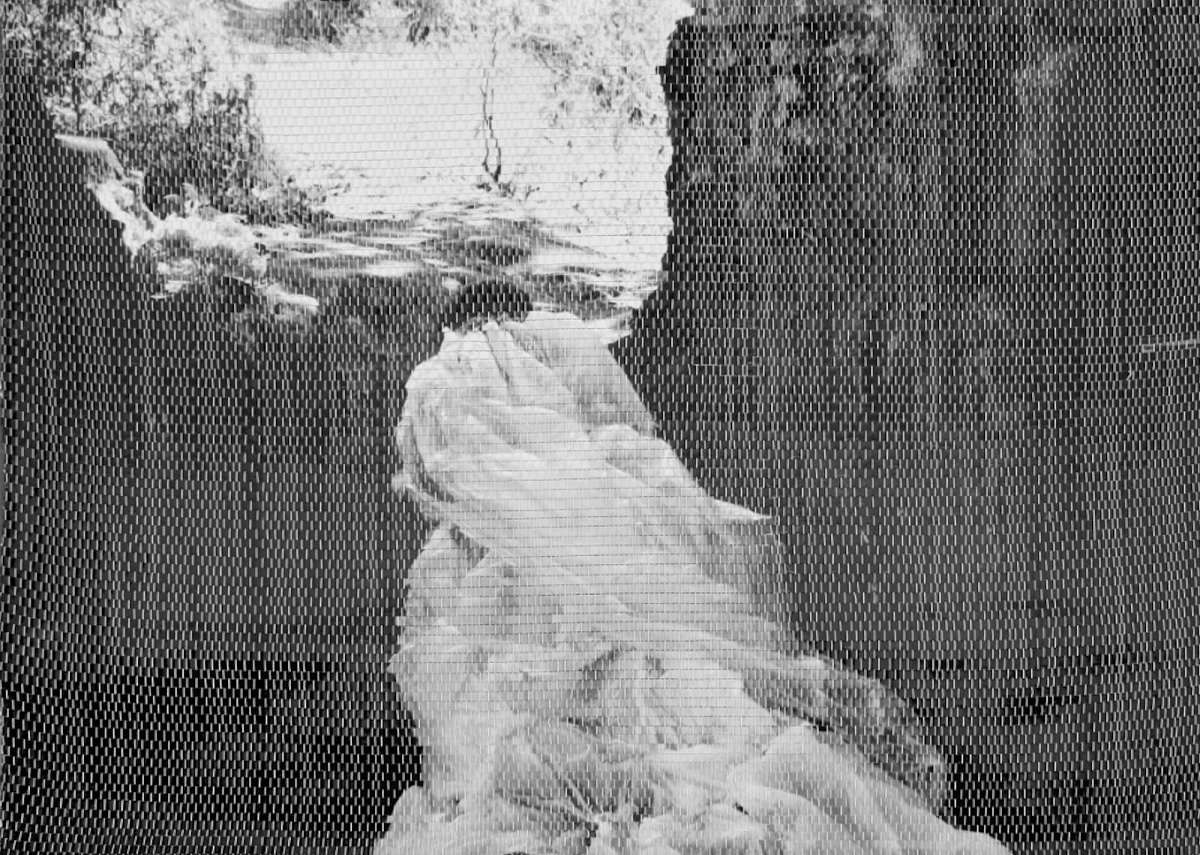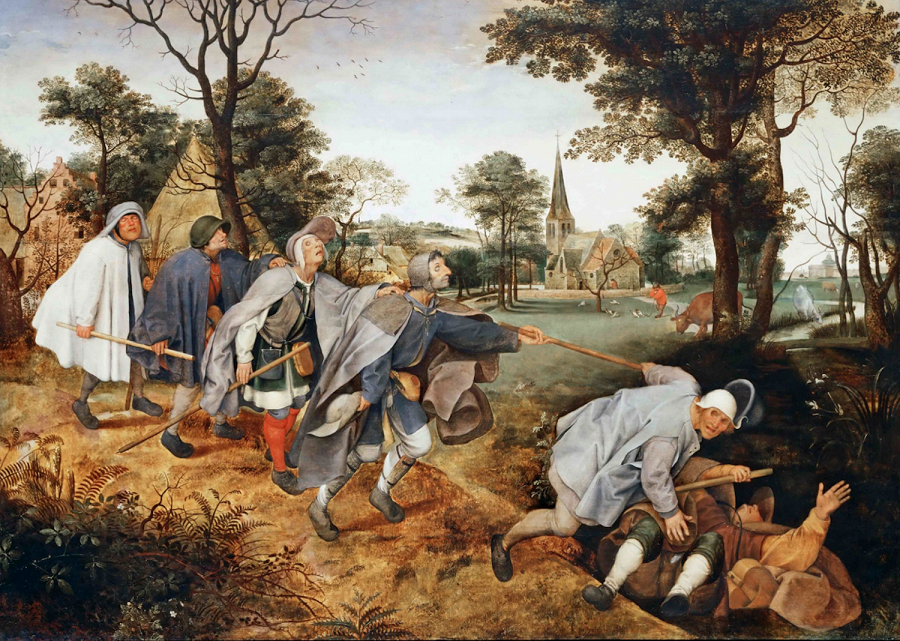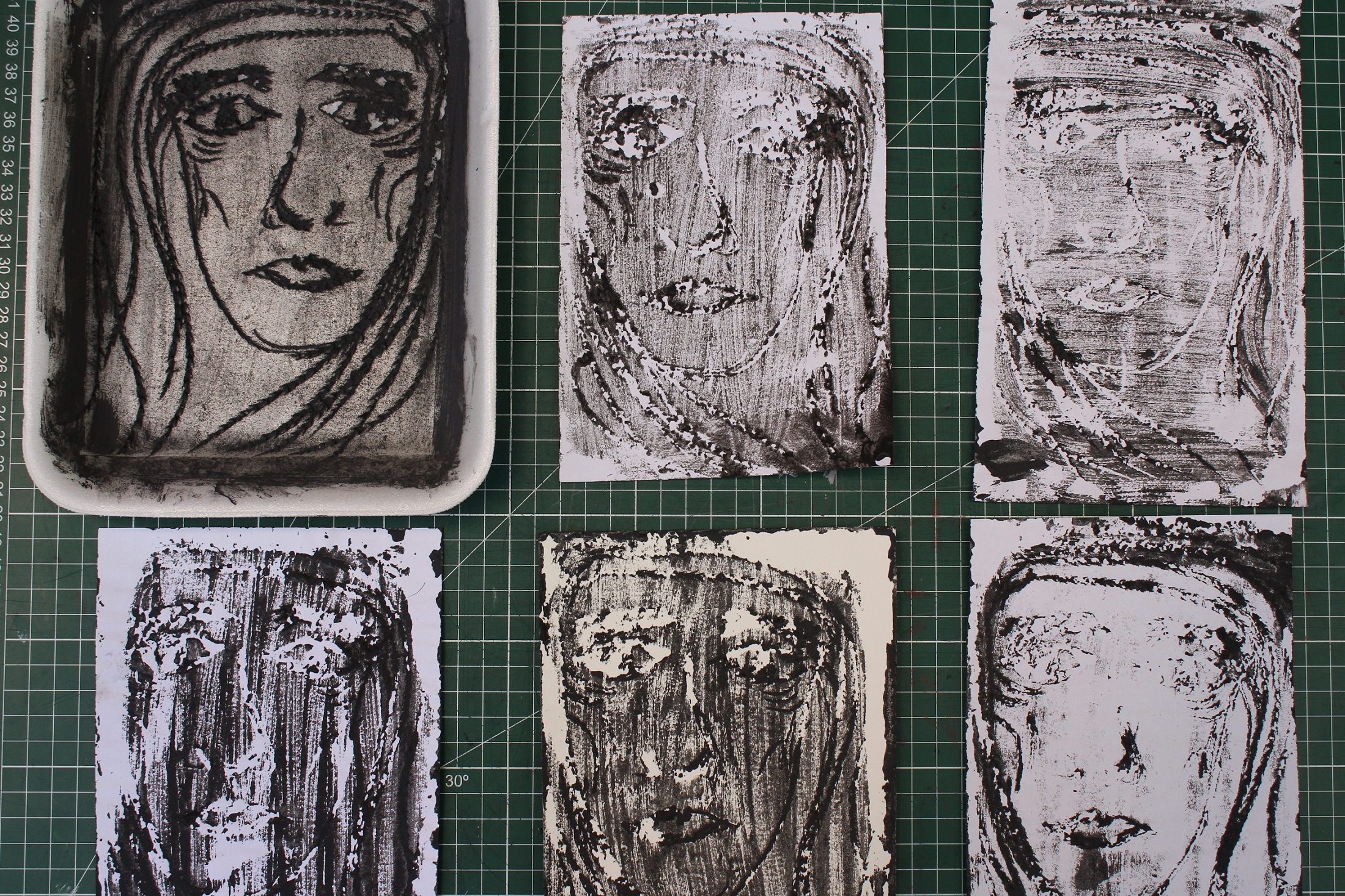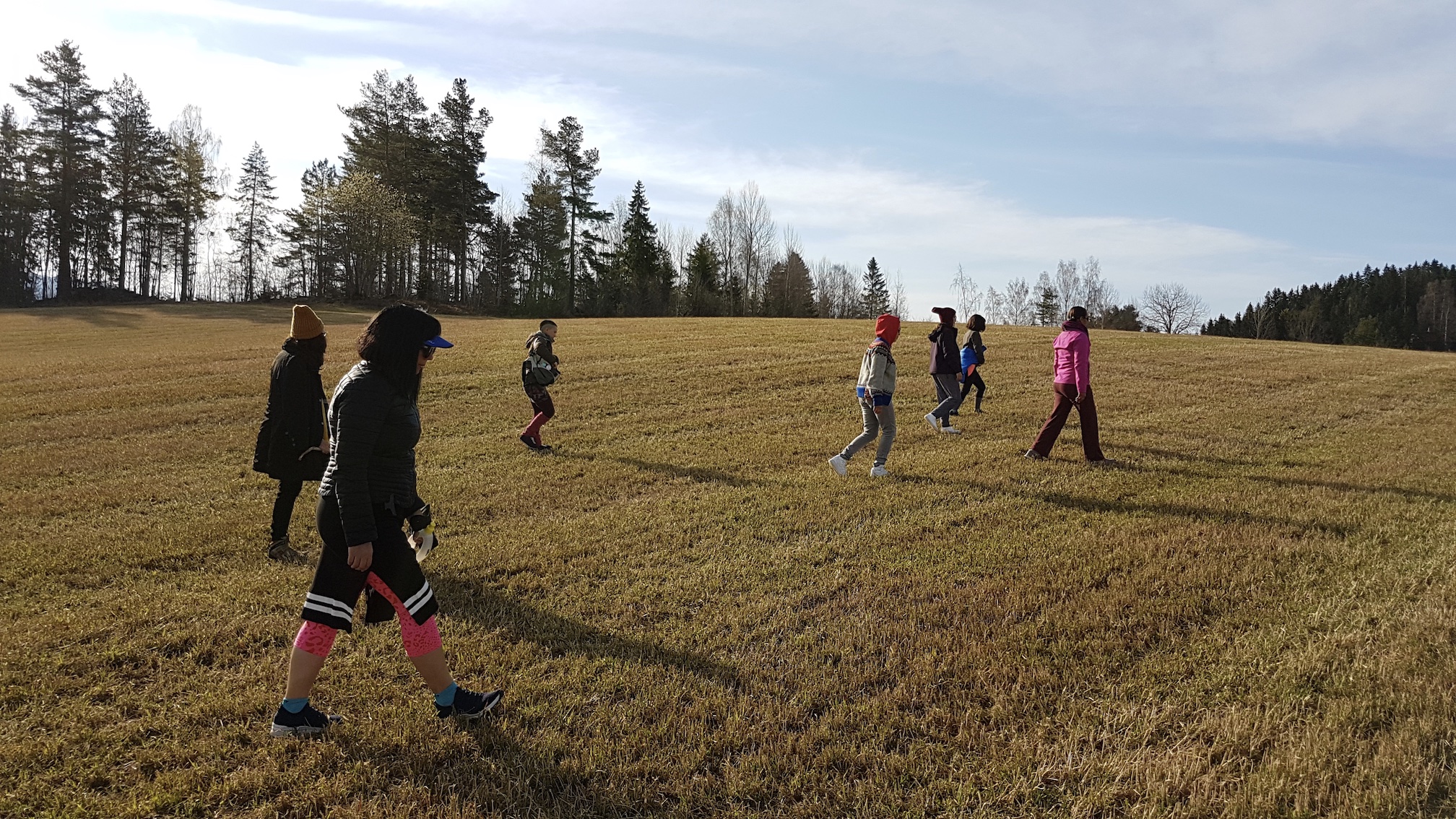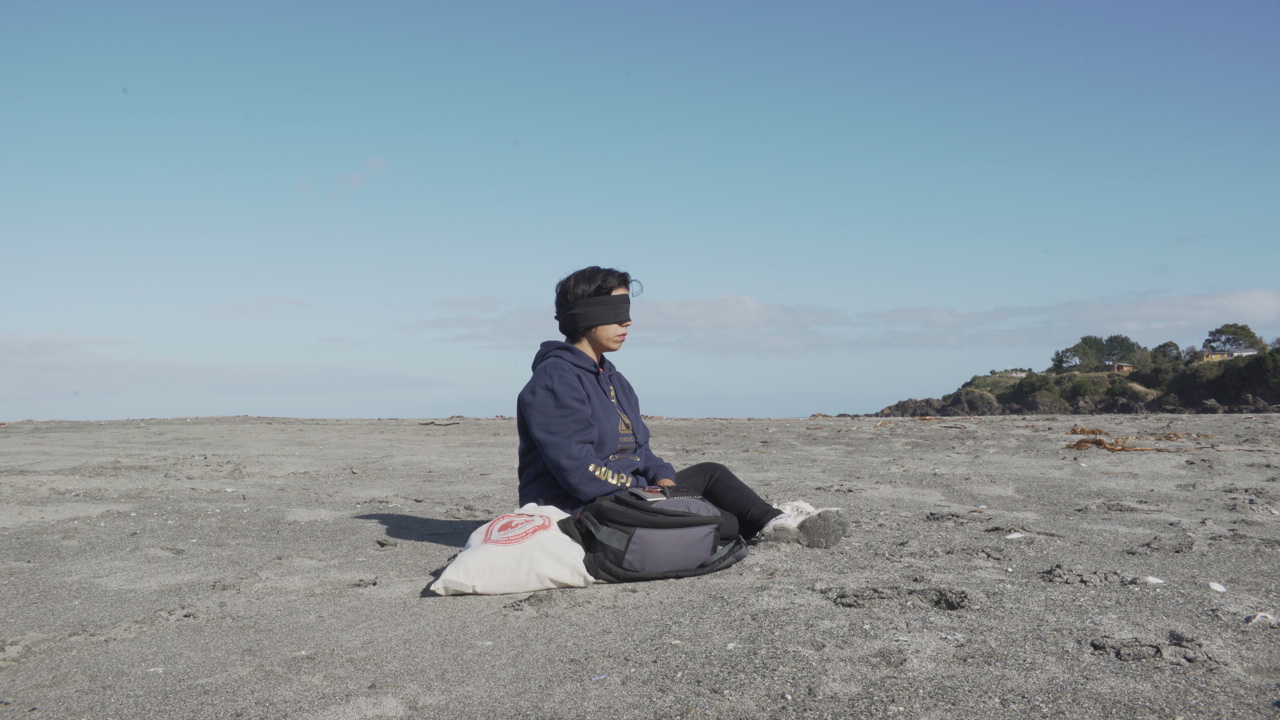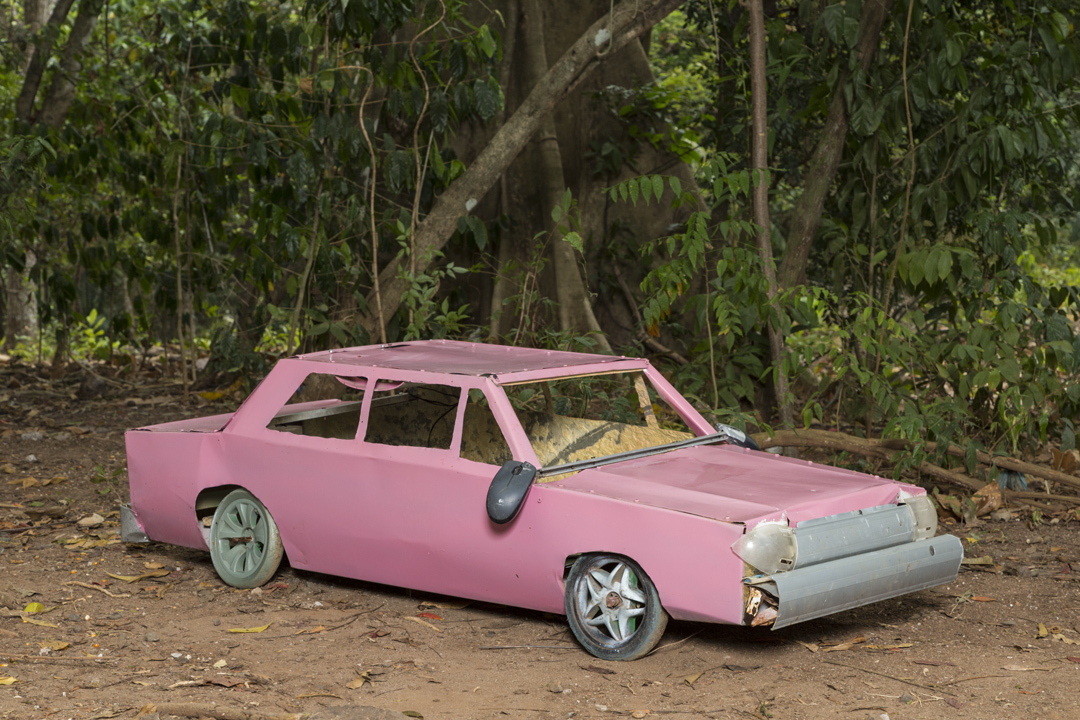1st session
Introduction to the image and the eye, which is not the only organ that sees
Contents: Perception. How do we see what we see? What is an image composed of? Presentation-workshop with an exercise aimed at unlocking creativity in the observation of the mundane, working with sonorous, visual, and tactile routines. We will also have an auditory letter exercise, where we will investigate the image from different sensible materials; we will get to know the experience of each participant by exploring the sonorous through the creation of a personal auditory letter that can be enhanced collectively in future sessions.
2nd session
The visible, the invisible, and the visual
Contents: Notions of tactile images. During this session, we will experiment with tactile images, exploring how they also have a way of being read not only with the eyes. We will work with etchings that shall be made on polymeric form or other materials that are accessible to participants.
3rd session
Language and blindness
Contents: Poetic constructions of visual definitions. We will host an exercise aimed at redefining visuality through the idea of blindness. During this session, we will work with words, the definition of words, and how they are biographical experiences of each text and of each participant's context. We will read excerpts from Escrito en Braille [Written in Braille] by Alejandra del Río and Sangre en el ojo [Blood in the Eye] by Lina Meruane.
4th session
Volumes
Contents: Sculpture, body, and space. We will work on an exercise regarding spatial dimensions for sculptural, photographic, and performative production. We will also experiment with materials departing from the notion of body as support. We will use clay as well.
5th session
Collective irradiations
This session will be dedicated to assembling a collective collage of what we learned and created together, with the artwork serving as glue, holding it all together. This session may also be designed through another technique if the group wishes to experiment with something specific, such as painting with light. We will discuss that in the co-designing conversation during the first session.
